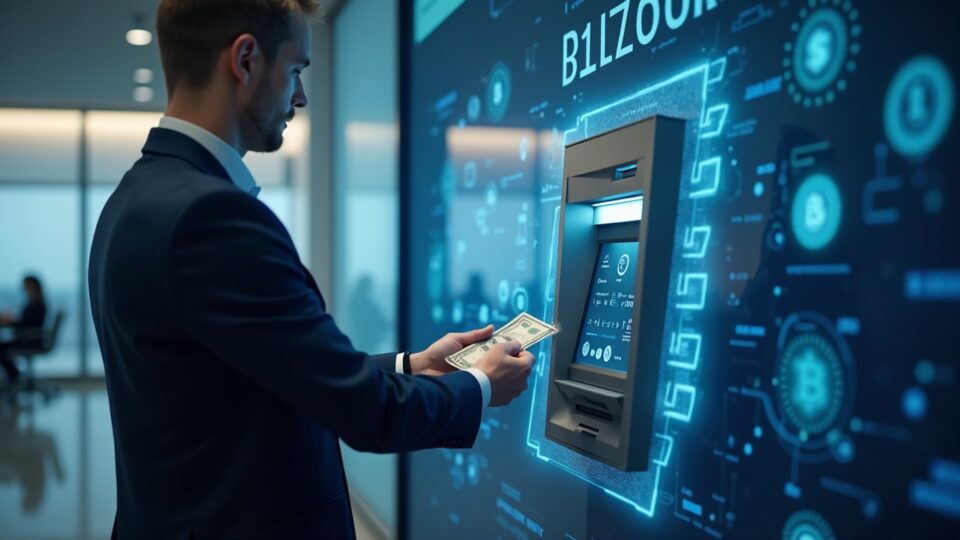The United States Department of Justice filed formal charges this Tuesday against Firas Isa, principal operator of Virtual Assets LLC, for alleged serious financial crimes involving money laundering with Bitcoin ATMs on a large scale. According to federal prosecutors in Chicago, the accused allegedly knowingly facilitated the movement of millions of dollars derived from criminal activities. The indictment maintains that Isa used his commercial infrastructure to convert illicit proceeds into digital assets, deliberately concealing their true origin from competent authorities.
The indictment unsealed in the Northern District of Illinois rigorously details how the structure operated under the brand Crypto Dispensers, which managed physical kiosks at various points across the country. Court documents allege that Isa converted proceeds derived from fraud and narcotics into cryptocurrency, omitting standard security protocols. Instead of complying with know-your-customer (KYC) regulations, the operator allegedly transferred these assets to unidentified external wallets to erase the trail of dirty money.
On the other hand, both the founder and his company currently face a serious charge for money laundering conspiracy, a crime that carries a maximum penalty of 20 years in federal prison. During the initial court appearance, both pleaded not guilty to all charges filed against them, with a status hearing set for January 30, 2026. This legal scrutiny could significantly tighten the operations of other companies managing cryptocurrency ATMs, forcing them to review their internal compliance controls.
Are We Facing the End of Privacy in Crypto Kiosks?
This case arises at a critical time where federal prosecutors are adjusting how they police the market, dissolving previous teams to focus resources on new task forces against international scams. The situation raises questions about the responsibility of physical infrastructure providers, as confidence in physical Bitcoin access points could be affected. The market could react by demanding greater operational transparency from ATM owners, seeking guarantees that their platforms are not being used as vehicles for organized crime.
It is fundamental to remember that the current accusation is, for the moment, only a formal allegation and the defendants maintain their presumption of legal innocence until proven otherwise. Likewise, if a firm conviction is achieved, those involved must forfeit any property linked to the crime, including personal money judgments. The final outcome of this litigation will define the limits of criminal liability for virtual asset service providers and establish a key precedent for regulatory oversight in the United States.

